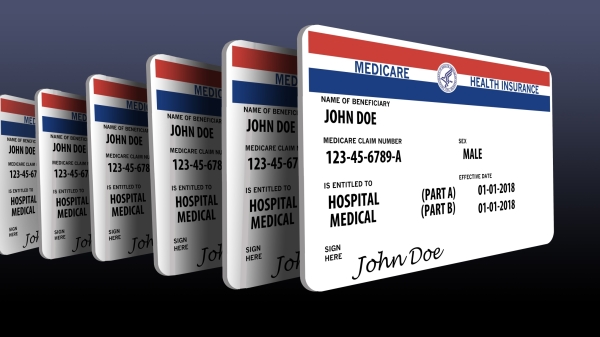The urge to fix escalating drug prices is something all parties seem to agree on. Patients from all 50 states have felt the risk of losing access to their medication due to a host of reasons and calls to help protect the most vulnerable have been made to every representative on both sides of the aisle. However, the most recent ongoing effort from the Trump administration, the “most favored nation” proposal that would adopt a pseudo-European drug pricing model for Medicaid, would be a disastrous step back for patients and the industry as a whole.
The European model of drug pricing is one of the chief reasons why America is the leader in pharmaceutical innovation worldwide: Europe’s model crushes the ability for capital to flow back into the research and development aspect of drug manufacturing and instead shifts the burden of extra healthcare costs onto manufacturers. It’s price fixing, plain and simple.
The most favored nation model would tie Medicaid reimbursements to the lowest prices paid in other developed countries, where prices are often dictated by unelected bureaucrats using obtuse metrics. This change to Medicaid reimbursements is both drastic and, frankly, unnecessary: manufacturers already have to offer Medicaid the lowest price they offer to any other buyer, resulting in discounts well over 50 percent. By continuing to shift the money from the R&D these manufacturers rely on to develop new medications to government coffers, the patient will suffer in the end.
This robust R&D market is what has made the United States the global leader in pharmaceutical innovation and a vital part of what gives patients in Alabama the opportunity to find drugs that work best for their needs. China, for many years, has been looking to eat into the United States’ influence in this field and has been rapidly catching up, especially in recent years. In the last few years alone, China has become faster at starting clinical trials for new medications than the U.S. and has grown three times faster in R&D spending. Price setting will do nothing to improve the U.S.’s standing in this race for global pharmaceutical dominance and instead will likely have us losing more ground.
Patients across the healthcare spectrum, not just those that are on Medicaid, rely on a robust, healthy industry to get the lifesaving medications they need. The healthier the industry, the more investment into impactful drugs, improving the variety and access to the market, and the patients benefit. If the aim of the most favored nation proposal is to improve savings for the customers at the counter, those savings being at the cost of access and improved medications hardly seems like a reasonable trade.
The most vulnerable patient populations will be the ones that will suffer most due to this change, as well. Manufacturers will likely be forced to withdraw drugs from the Medicaid program to avoid paying the government for prescriptions filled—a scenario already happening with some medicines—and hugely problematic for patients across all ages. This would disproportionately impact children (Medicare and Medicaid cover half of the children in the U.S.), patients with chronic illnesses and patients with rare diseases; three categories of citizens that we need to protect most.
The Trump Administration’s desire to protect patients at the counter is admirable and something that must be addressed if the U.S. is to continue to be the global leader in the pharmaceutical space. Ensuring that our patients, especially our most vulnerable, have the access and ability to treat their conditions is the most crucial goal of the pharmaceutical industry, and a goal our organization remains committed to every day. But the most favored nation policy will do nothing to help the patients it aims to help and instead put them at risk of losing access and the affordability needed to continue leading happy, healthy lives.




















































